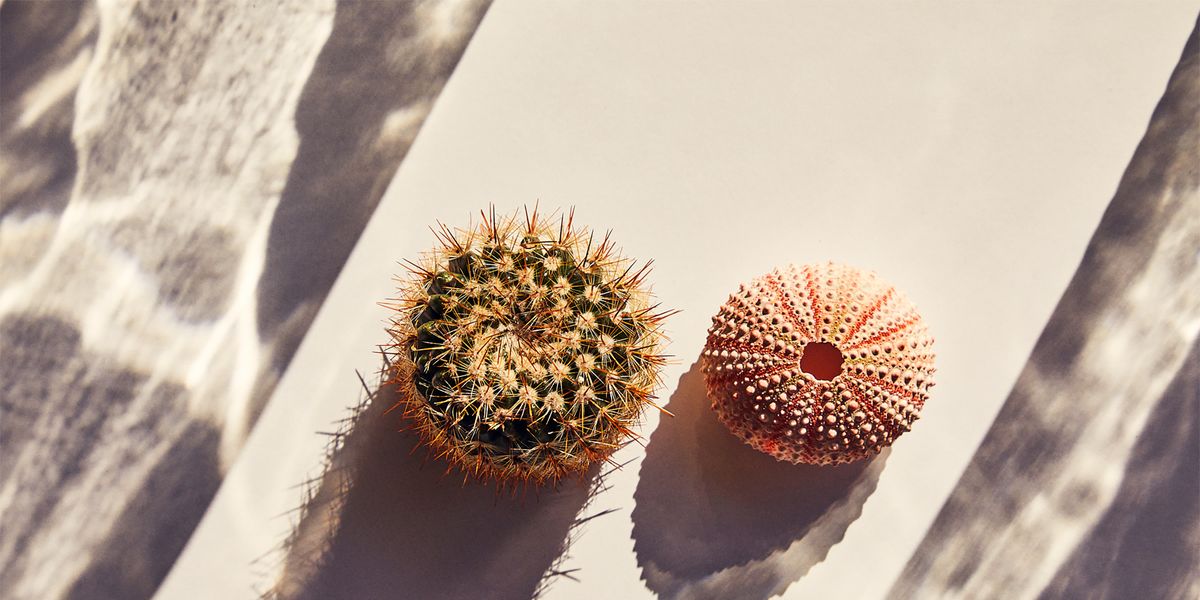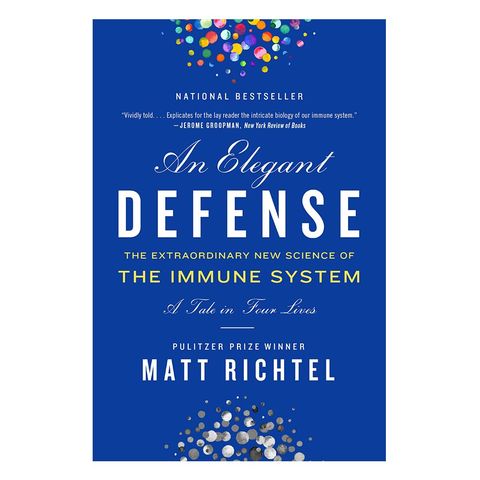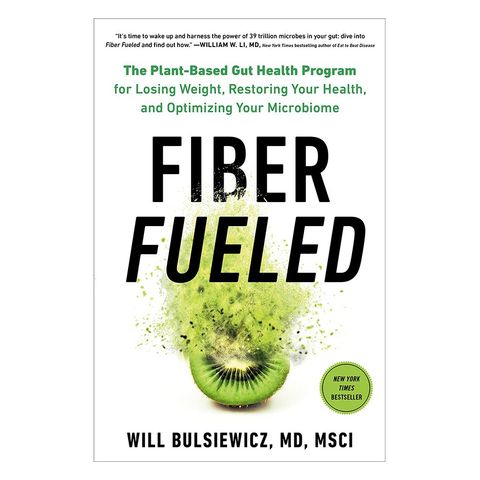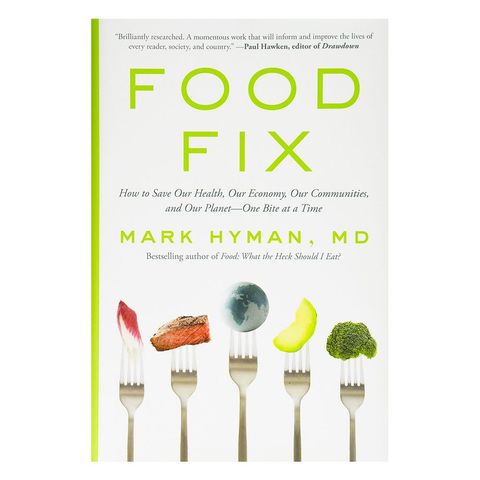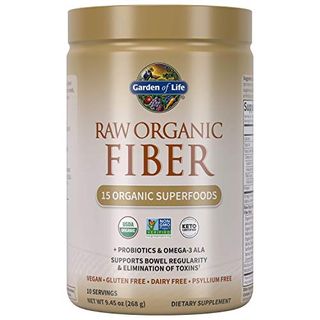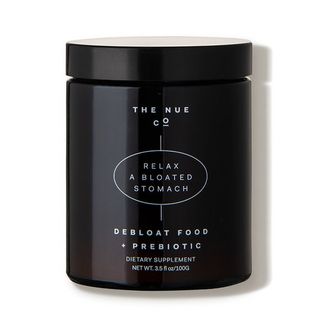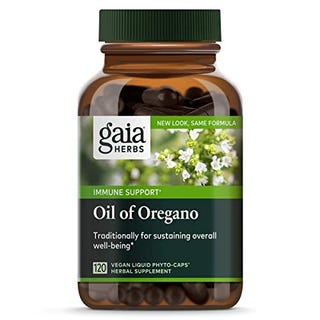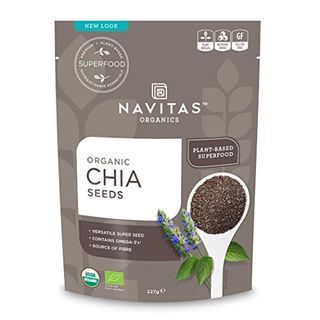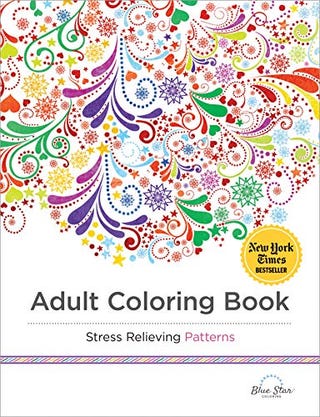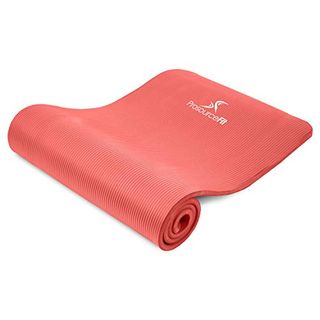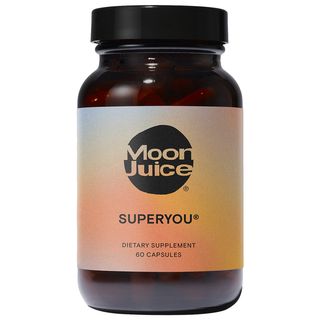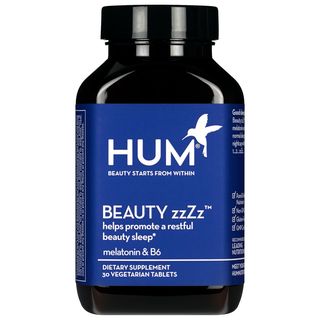Mythological tales, from Achilles to Dracula, are rooted in immunity. And since medicine’s earliest days, physicians have relied on metaphors—using images like armies, orchestras, communities, weather, and gardens—to try to explain what is, in fact, an extremely complicated system that controls the health and well-being of virtually every aspect of the human body. New York Times journalist Matt Richtel, author of An Elegant Defense: The Extraordinary New Science of the Immune System, describes it as the “Festival of Life.” Our immunological system exists both inside and around our bodies, he says, with organisms and agents swarming everywhere, from our gut to our car’s steering wheel—some beneficial, some more dangerous. Microorganisms like fungi and bacteria, and infectious invaders such as viruses, are the party crashers. Our immune system operates like a workforce of janitors and laborers, kicking out the rowdy, unwelcome guests and cleaning up after their messes.
“Festival of Life” could just as easily describe our lives before this pandemic—before the novel coronavirus, with its lethal spiked crown, crashed our festive existence as we knew it. Some experts predict the virus will return in waves this fall and beyond, so it’s best to shore up the bouncers while we can. And by that, I don’t mean “strengthen” or “boost” your immune system. Instead, it needs to be balanced and optimized, so it functions as it’s designed to.
There’s no such thing as boosting immunity
“Boosting your immune system is a dangerous, ill-conceived concept and probably not even possible,” says Richtel, citing the COVID-19 pandemic as a prime example. When most people are seriously ill from the disease, the air sacs in the lungs become inflamed and fill with fluid, making it difficult for oxygen to pass through. It’s the body’s overzealous immune response, which sends in artillery—proteins called cytokines, immune cells such as T-cells and B-cells (aka lymphocytes), macrophages, and others—to attack the virus. The result is called a “cytokine storm,” a cascade of inflammatory responses that wreak havoc on our body’s equilibrium. An overactive, confused immune system also manifests itself in autoimmune disorders such as celiac disease, asthma, allergies, rheumatoid arthritis, Crohn’s disease, and multiple sclerosis. Stronger is not always better.
Some immune system factors are beyond our control, like aging (since immunity decreases as we get older), genetics, and gender. Though women are more susceptible to autoimmune diseases and are more likely to develop Alzheimer’s (which some researchers believe may also be caused by an overactive immune system), women also tend to fend off viruses and bacteria more effectively, which is supported by their lower death rate from COVID-19.
But there are factors we can influence, mainly nutrition, exercise, stress management, and sleep. If you ever wonder whether your daily routine can really make a difference, consider the coldsore or the canker sore, which can seem to pop up out of nowhere when you’re stressed, not sleeping well, or eating poorly. Your immune system lets down its guard (a gated-castle metaphor?), and voilà, the infection travels from where it’s been hiding in nerve cells to the mouth.
Immunity is directly linked to what you eat
Why is diet so important? “Seventy to 80 percent of the immune system lives in the gut,” says Will Bulsiewicz, MD, a gastroenterologist in Charleston, South Carolina, and the author of Fiber Fueled: The Plant-Based Gut Health Program for LosingWeight, Restoring Health, and Optimizing Your Microbiome. “There is literally just a single layer of cells that separates the gut microbiome from our immune system. They are in constant communication.” He believes that optimizing your gut microbiome is the best way to support immunity. Bulsiewicz says that fiber, derived from plants like fruit, vegetables, whole grains, beans, nuts, seeds, and legumes, is the heart and soul of gut healing. He’s also obsessed with broccoli sprouts, saying they have 100 times the active phytochemicals of broccoli. He cites a study published in the journal Immunity in which mice with influenza were given a high-fiber diet and improved their lung function, but those on a low-fiber diet had more damage to their lung tissue and died faster. “A high-fiber diet can change what happens in your lungs in response to a virus,” he says.
Healing the gut reduces inflammation, which is an immune response, says Mark Hyman, MD, author of 16 books about diet and health, including his latest, Food Fix. “Inflammatory diseases, such as heart disease, diabetes, and cancer, start in the gut. Thecytokine storm has a lot to do with the gut: If we understand how to keep our gut healthy, we will be more resilient against viral threats.” He suggests prebiotic foods, such as dandelion greens, garlic, onions, leeks, asparagus, apples, barley, oats, burdock root, flaxseed, seaweed, and jicama; and probiotic or fermented foods, like sauerkraut, kimchi, miso, tempeh, kefir, and yogurt, all of which can help restore the healthy bacteria of the microbiome.
Though the jury is still out on the efficacy of supplements, many experts believe antioxidants (such as vitamins A and C and beta-carotene) and vitamin D support immunity. L.A.-based nutritionist Serena Poon, who advises clients like Kerry Washington, recommends zinc picolinate, oil of oregano, nettle leaf, quercetin, and astragalus, as well as a blend of therapeutic organic oils in a diffuser, such as wild sage, wild oregano, wild thyme, wild bay leaf, cinnamon, and cumin. And mushrooms such as reishi and cordyceps (I give Four Sigmatic Mushroom Coffee as gifts to friends) have been shown to enhance immunity in some limited studies. (Be sure to check with your doctor before taking any dietary supplements.)
What not to eat is just as vital. Sugar suppresses immunity, and those at risk of high blood sugar levels—such as diabetics—have more difficulty controlling infections, which thrive on sugar. Hyman says processed food, junk food, sugars, starch, bad fats, salt, thickeners like xanthan gum, salt, and chemical additives will have an adverse effect on the microbiome, creating inflammation. He goes on to say you’re 10 times more likely to die from COVID-19 if you have heart disease, seven times more likely if you have diabetes (“One out of two Americans has diabetes or is pre-diabetic,” he notes), and three times more likely if you are obese.
The right type of exercise can strengthen your immune system
Even if losing weight isn’t a concern, physical exertion is critical. “Exercise has massive antiaging benefits and immune-strengthening abilities. Very active exercise makes sirtuins go up,” says Robert Huizenga, MD, a physician in Beverly Hills you may remember from NBC’s The Biggest Loser. “Sirtuins are this great control system inside the body that lowers the inflammation level. If there was ever a time to stay fit, eat healthy, and knock off central stomach fat, this is it.” He suggests intermittent fasting combined with jogging, speed-walking up inclines, swimming, and jumping rope, as well as strength and interval training. Aerobic exercise also helps reduce plaque formation in the arteries by keeping HDL levels higher.
Stress can put your immune system’s guard down
You may know that stress puts us into fight-or-flight mode, which stimulates the sympathetic nervous system and stress hormones like adrenaline, norepinephrine, and cortisol. When that happens, we are focused on fighting the lion in front of us, not the virus, Richtel says. Meditation, breathing exercises, yoga, gratitude, and mindfulness are proven ways to calm the nervous system and keep stress at bay, so our bodies don’t suffer as a result.
Studies suggest that negative mental states such as anxiety and loneliness affect immune responses, too. Married couples with a troubled relationship may have increased stress and depression, a pathway to immune dysregulation, inflammation, and poor health. And in that situation, divorce can actually be beneficial to immunity. (Married couples can also start to share some gene-related traits, such as their microbiome.) Steve Cole, PhD, a professor of medicine, psychiatry, and biobehavioral sciences at UCLA School of Medicine, studied the link between loneliness and gene expression and found that loneliness can affect a gene’s inflammatory response and our ability to fight disease. (A stressful lifestyle can also cause the body to release excess norepinephrine, which destroys the pigment-producing cells of your hair follicles, causing prematurely gray hair.)
Stress often interferes with a good night’s sleep, which can have disastrous effects on our health. “If people don’t sleep at night, their internal clock becomes disturbed, which has all kinds of consequences for inflammation and our immune system,” Huizenga says. Melatonin is the key hormone here, which is “definitely connected to immune regulation,” Hyman notes, “and even the restriction of cancer.” He says that may be one reason why children, who naturally have higher levels of melatonin, may not be at risk of serious infection or death from COVID-19.
Practice good hygiene (but don’t go overboard)
Another way to keep the party crashers out is to stay scrupulously clean. Though many of the bacteria swirling in and around us are helpful to the functioning of the body, it’s not a bad idea to try to minimize harmful foreign germs (hence the constant hand-scrubbing to wash away the novel coronavirus). Be diligent about regularly washing your clothes, your home (dust mites can cause allergies!), and the food you buy, like salad greens, which may contain salmonella or E. coli. Of course, too much wiping out of good bacteria isn’t advised either, as in the case of antibiotics that kill off friendly flora in the gut.
Amanda Chantal Bacon, founder and CEO of the wellness company Moon Juice, is living, breathing proof that all these habits can add up to an optimized immune system. “I put an autoimmune condition [Hashimoto’s] into remission when I was told by my doctors that wasn’t possible.” How? “By consciously changing my life drastically,” she says, basically doing all of the above.
As for the future, Bulsiewicz says, there are other promising ideas, like personalized probiotics and custom dietary plans based on your individual microbiome. But many believe we have the tools right now. Huizenga stresses that if there’s a known and safe vaccine available for a virus, as there is for HPV, get it. Many people don’t. “We already know what is required to help fix the immune system: optimizing our health in every aspect,” Hyman says. We just need to do it.
This article appears in the Summer 2020 issue of ELLE.
This content is created and maintained by a third party, and imported onto this page to help users provide their email addresses. You may be able to find more information about this and similar content at piano.io
